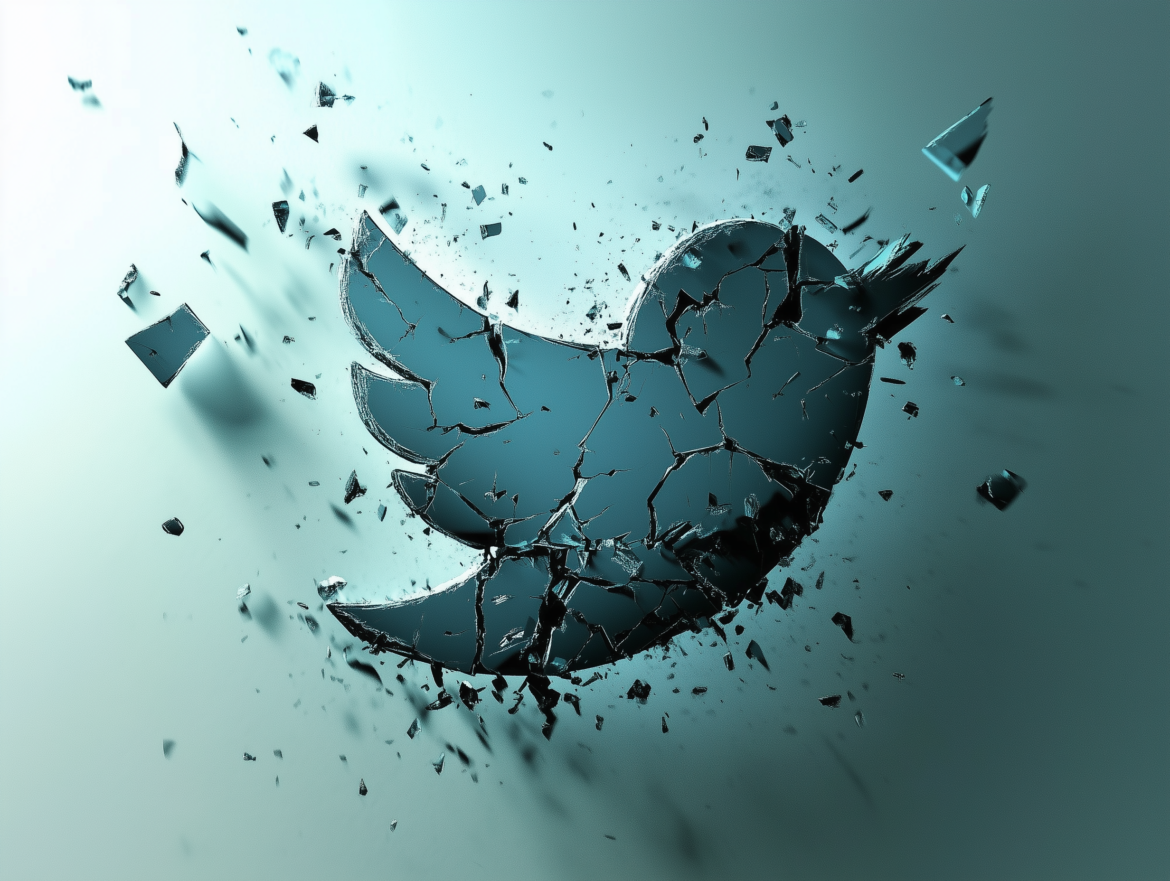Brazil is navigating a turbulent political landscape centered around freedom of expression, a foundational pillar of democracy. On one side stands Justice Alexandre de Morae, a Supreme Court Justice (Supremo Tribunal Federal), known for unilateral decisions that include unauthorized inquiries, monocratic rulings, and restrictions on political rights. On the other is Elon Musk, owner of X (formerly Twitter), one of the most widely used social media platforms globally. This contest embodies a deeper conflict over who holds the power to determine the boundaries of free expression in Brazil, shedding light on recent events that indicate a tightening grip on this fundamental right.
The conflict initially gained momentum in 2022, during the presidential election period, when court orders required the removal of certain user profiles from social media platforms on the grounds that they were allegedly undermining democratic institutions. These actions, often carried out without the customary legal process or the right to defend oneself, led to the banning of numerous accounts. The then-president of the Superior Electoral Court Alexandre de Moraes issued orders that removed accounts indefinitely. He argued that they propagated anti-democratic acts. For example, opponents of the current government found themselves silenced for expressing opinions that were deemed subversive in confidential court proceedings.
In August 2024, the situation reached a turning point after Elon Musk’s acquisition of X. Justice Alexandre de Moraes, wielding his judicial authority, ordered the immediate suspension of Twitter’s operations in Brazil. He cited the absence of an official representative in the country. However, critics have pointed out the selective enforcement of this regulation. Other international platforms like Blue Sky and betting sites such as Fortune Tiger operated in Brazil without local representatives. This discrepancy raised concerns that the law was being used as a “political tool” rather than being applied uniformly.
Previously, Justice de Moraes had also targeted social platforms such as Rumble, which faced restrictions in 2023 after refusing to comply with censorship demands. CEO Chris Pavlovski defended Rumble’s commitment to free expression and publicly challenged the ruling. This pattern of judicial intervention has drawn sharp criticism for infringing on freedom of expression, which is constitutionally protected in Brazil under Article 5, Clause IV.
Adding to the controversy, de Moraes imposed a fine of R$ 50,000 ($9,024.30 USD) for individuals using VPNs to access Twitter. This decree was met with widespread ridicule for its impracticality and was seen as further evidence of overreach. The Senate, tasked with balancing the power of other branches, remained silent on the matter. President Luiz Inácio Lula da Silva supported the court’s actions, ignoring concerns over potential judicial overreach.
A significant shift occurred on October 4, 2024, when Elon Musk paid the fines imposed by the Supreme Court. This effectively ended the immediate legal standoff. This move allowed X to resume operations in Brazil, but the resolution came with a disillusioning realization. The principle of freedom of expression had taken a back seat to a contest of power and financial leverage. This demonstrates that in the Brazilian context, where judicial power remains unchecked, political influence tips the scales, not legal standards.
Musk’s compliance with the fines represents a tactical decision that underscores the limitations of resisting an increasingly aggressive judiciary. For many, this development signaled that “authoritarianism” had prevailed, reinforcing the notion that, in practice, it is not the uniform application of the law but rather who wields greater power that determines outcomes.The actions against Musk extended beyond X to include other ventures, such as Starlink, whose assets totaling over 18 million reais ($3,250,330.20 USD) were frozen. Although the social network X is back online in Brazil, the underlying struggle for freedom of expression continues. The precedent that prioritizes judicial discretion over consistent rule of law is dangerously pernicious in Brazil. This ongoing saga is far from being concluded, and its repercussions for democratic norms and rights in Brazil remain to be seen. We should view the Brazilian Judiciary with suspicion. We need to be more vigilant to prevent this country from becoming a real dictatorship.
This piece solely expresses the opinion of the author and not necessarily the organisation as a whole. Students For Liberty is committed to facilitating a broad dialogue for liberty, representing a variety of opinions. If you’re interested in presenting your perspective on this blog, click here to send us your own piece submission!
